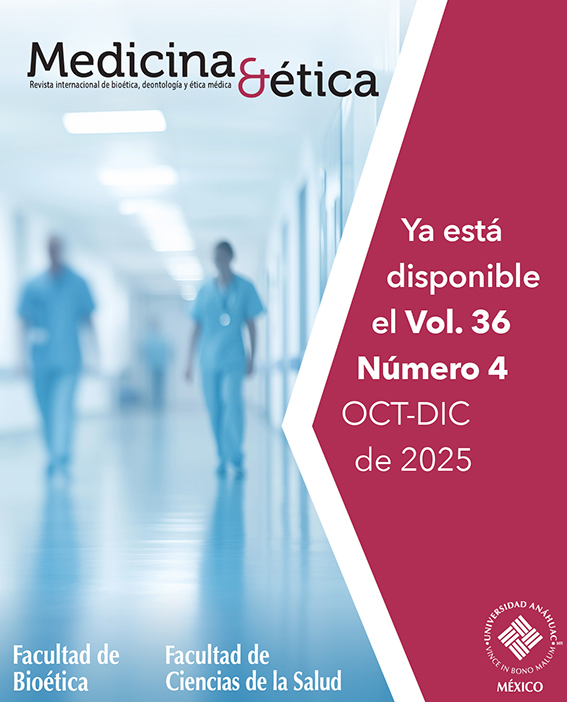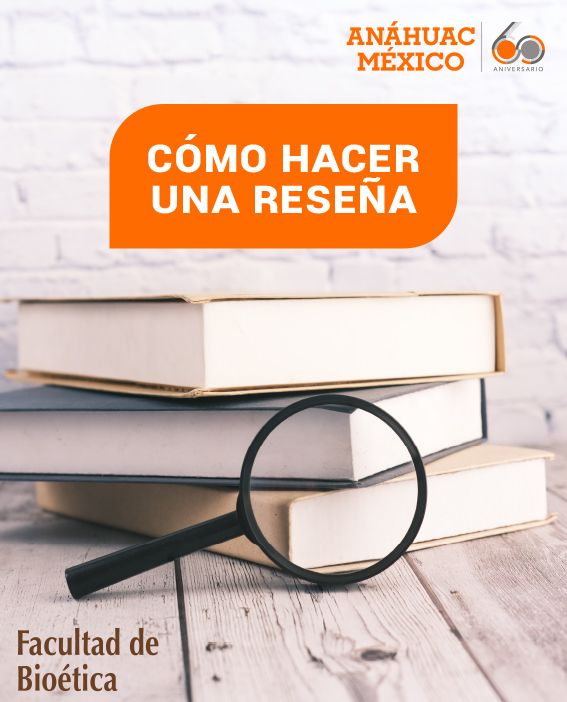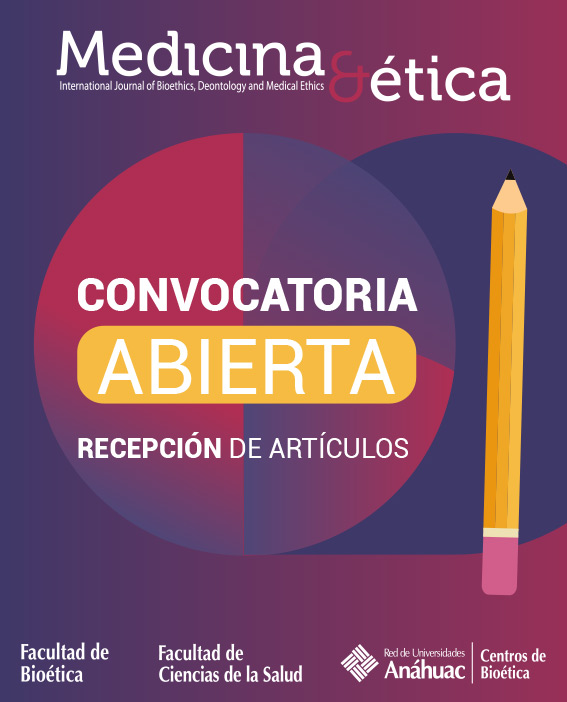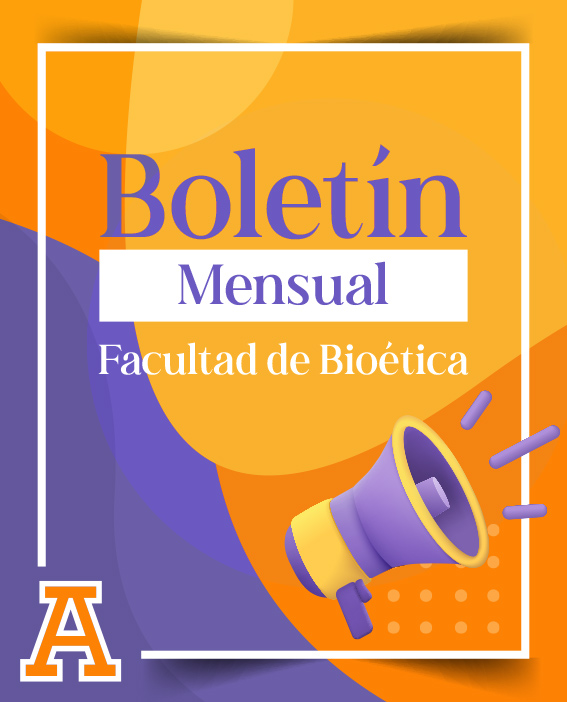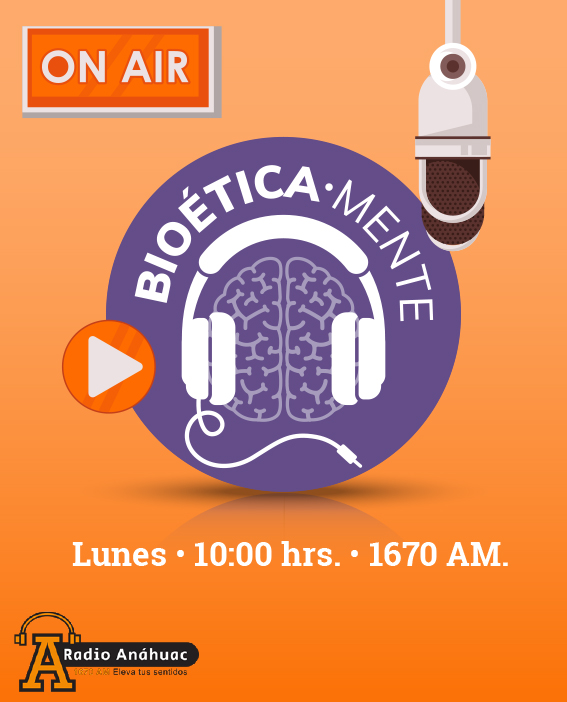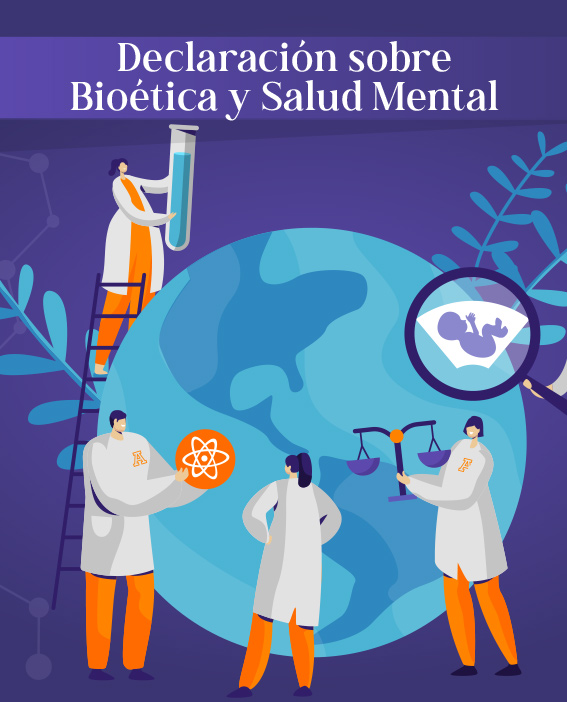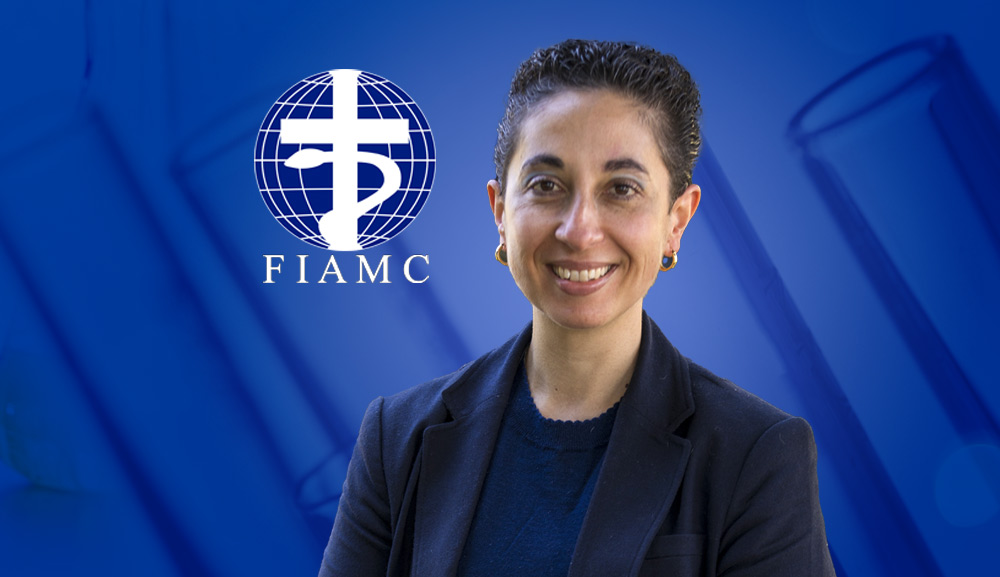
Dr. María Elizabeth de los Ríos presented the conference “Equitable distribution of Healthcare resources - life saving equipment and drugs”.
On February 12th, Dr. María Elizabeth de los Ríos Uriarte, research coordinator of the Faculty of Bioethics, gave the conference "Equitable distribution of Healthcare resources - life saving equipment and drugs".
To begin with, Dr. de los Ríos introduced the topic by comparing the differences between clinical practice with a focus on public health and traditional clinical practice, highlighting the lack of resources presented by the first approach, especially when they present health emergencies and the common good and justice must be sought, saving as many people as possible through the triage system.
On the other hand, traditional clinical practice, in which resources are not lacking, focuses on the individual good, respecting the bioethical principles of autonomy, beneficence and non-maleficence, in which medical care is received by whoever arrives first.
Likewise, Dr. de los Ríos highlighted the current distribution criteria in health care, giving priority to the dignity of each person, since all patients deserve decent medical care, however, not all should have the same type of care., referring some to palliative care.
As a search for solidary bioethics, he explained that the abandonment of patients or omission in assistance is prohibited, since medical evaluation should never replace the criteria and ethical reflection of the doctor.
She continued and emphasized the need to prioritize human dignity over other values, based on an ethical distribution of resources, exemplifying the current situation regarding the distribution of vaccines against the COVID-19 virus and highlighting dignity and its value in informed consent and palliative care in those patients who need it.
She also highlighted how open bioethics promotes a more inclusive and supportive world among nations for support in emergency situations, such as sharing resources, cures, or treatments.
Finally, she explained how, through the fair distribution of resources in the neediest countries and common support, it can symbolize a way to save more lives.
Más información:
MPSS Jhosue Hernández González
Facultad de Bioética
bioética@anahuac.mx

